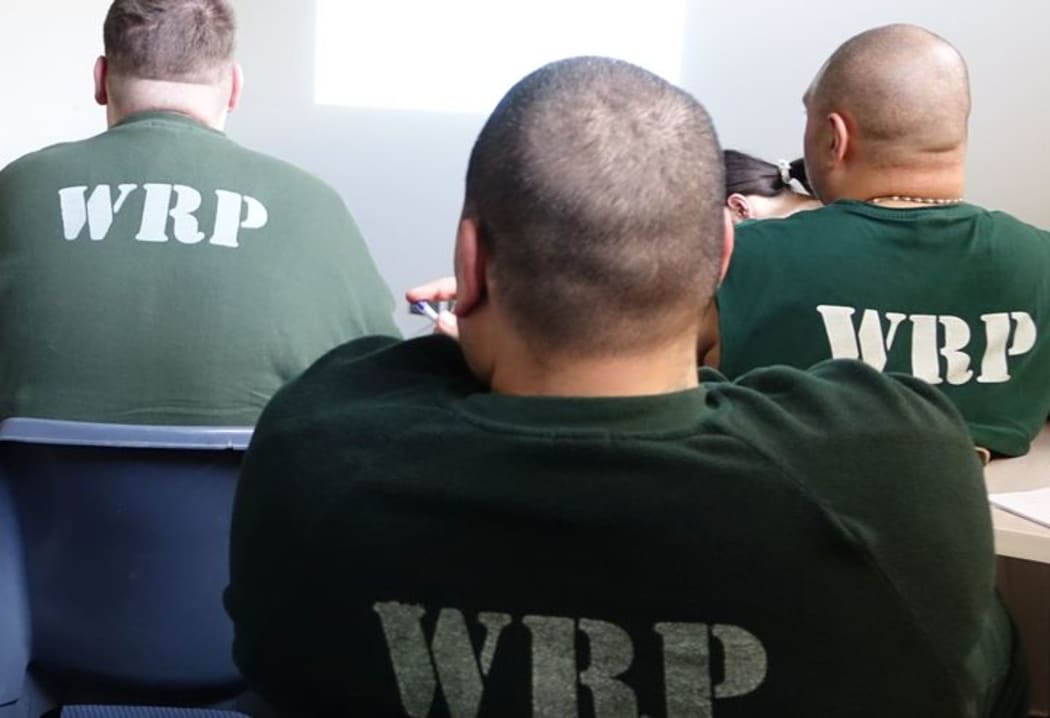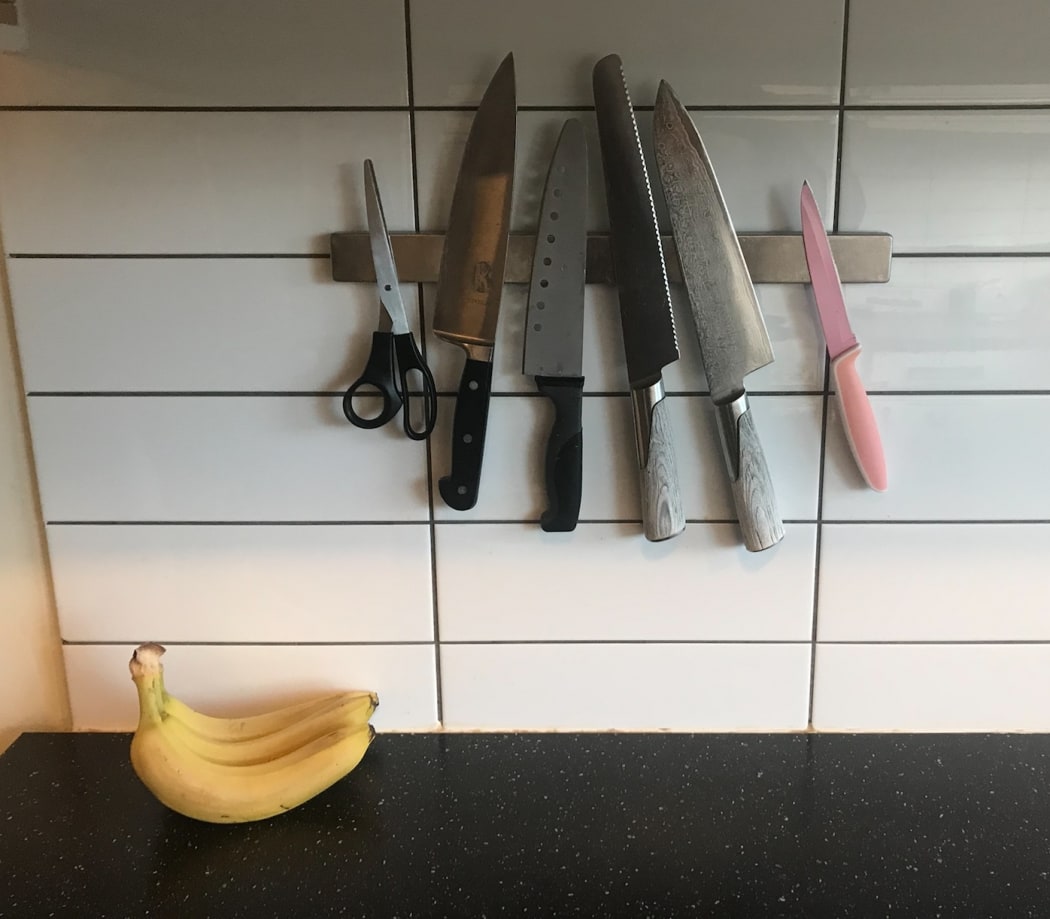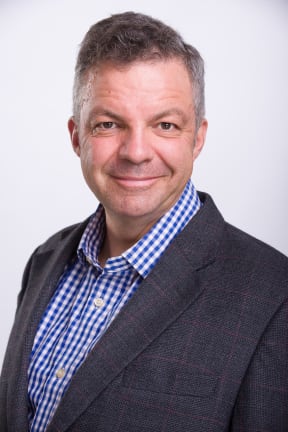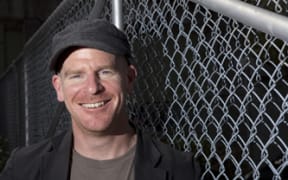Last week Justice Minister Andrew Little said New Zealand's law and order policies of the past 30 years had been an abject failure.
He said the rapid rise in prison numbers has come because we've demanded tougher and longer sentences and that's simply led to worse offending and more people criminalised.

Photo: RNZ
His comments followed an open letter from 32 criminal justice academics calling on the government to reject the building of a mega prison in Waikato that will hold up to 3000 inmates.
They say the proposal to spend $1 billion on the prison is at odds with Labour's pre-election commitment to reduce the prison population.
They have called for a moratorium on all new prison construction until there's been a national conversation about alternatives.
Prison researcher Dr John Sinclair has recently returned from studying Nordic open prisons where a very different approach is taken.
He coordinates volunteer programmes at Mt Eden prison for the Howard League for Penal Reform.
Sinclair says he wanted to take a look at countries with prison systems that "worked".
"Ones where they had actually managed to reduce their prison populations in recent years and others where they have never had particularly high prison populations in the first place."
He visited the Netherlands which has four times the population of New Zealand but the same prison population.
"They've managed to get their prison population down, in fact they are closing prisons."
He says Ireland has also managed to reduce its prison population.

Knives in the prisoners’ kitchen in Hassel Open Prison in Norway. Photo: John Sinclair
In Finland open prisons are common, he says.
"You can stumble into these and not know they're a prison, they don't have walls, they don't have fences; they're a little bit like a small high school campus."
He says the men live in dormitories and have structured days.
"During the day that may involve going out to work. There's one I visited on an island very close to Helsinki and the prisoners have the contract to do all the maintenance in this medieval fort: anyone who's planting flowers or fixing the paths is likely to be a prisoner."
Trust is earned by demonstrating trustworthiness, he says.
Often they [the prisoners] have been high security prisoners, the offences they've committed are serious."
The Nordic model is to move prisoners through the system to eventual rehabilitation.
"High security jails are used as landing places, where you work out all of your issues."
And Sinclair says the problems those prisoners face are the same as those faced by New Zealand inmates.
"Addiction is a big issue, lack of skills, illiteracy; you work out how you're going to get those sorted.
"Once you've proven yourself they will move you as quickly as possible to an environment where you can start to show you are trustworthy."
And the model, and others like it, seems to be working.
Finland puts away 57 people per 100,000, the Netherlands 69, and Norway 75. New Zealand has 217 prisoners per 100,000 people.

John Sinclair Photo: Supplied
Scandinavian countries have found open prisons result in less recidivism - and they're cheaper to run.
There was time when Finland had one of the highest incarceration rates in Europe. Then, in the 1960s, researchers started investigating how much punishment really helps reduce crime and found it doesn't.
Sinclair says New Zealand has a very poor incarceration record even compared with neighbour Australia which locks up 167 people per 100,000.
"We're heading out towards the bad end of the spectrum and our prison population has been increasing by about 4 percent every year in the last 20 years and we have to ask why.
"And is that really related to an increase in crime rates? I think the evidence is no.
"We just can't let ourselves off the hook by saying there's something unique about New Zealand which means we are going to end up with a high prison population.
"That's a bit of a cop out."
Critical time for justice in NZ: Jarrod Gilbert
Dr Jarrod Gilbert from the University of Canterbury has likened Andrew Little's intent to reform the prison system, with the abolition of the death penalty by Minister of Justice Ralph Hanan in 1961… Audio
Justice, victims advocates debate prison population cuts
Justice Minister Andrew Little wants to lower the number of prisoners by releasing more people on parole and granting bail to more suspected criminals. He says the prison population will rise by 50… Audio


